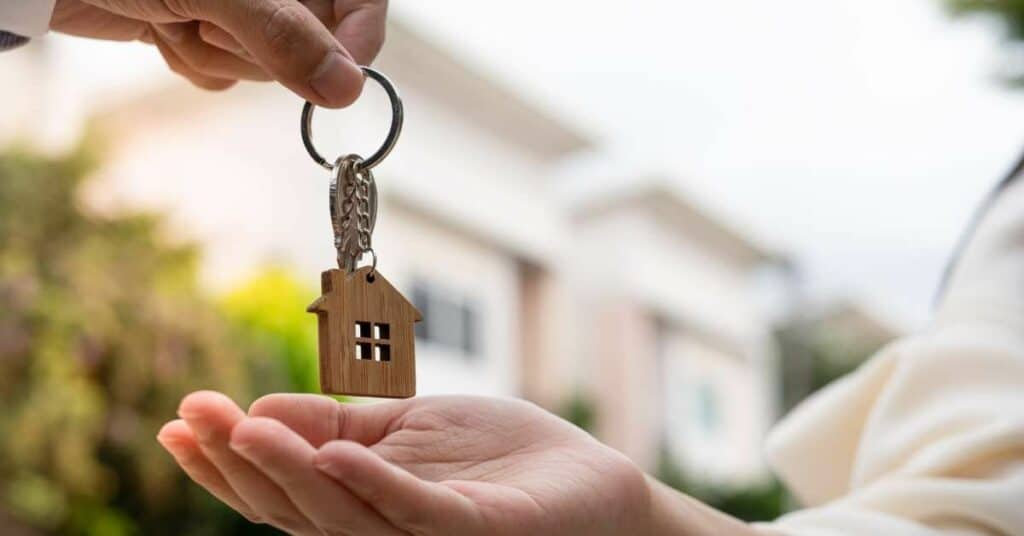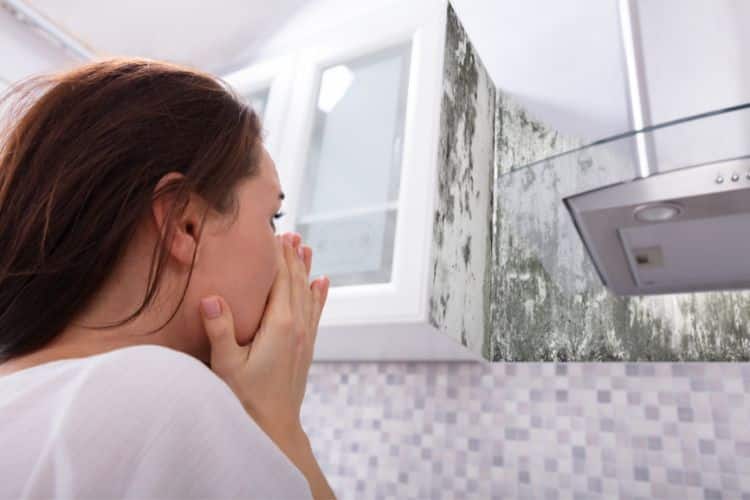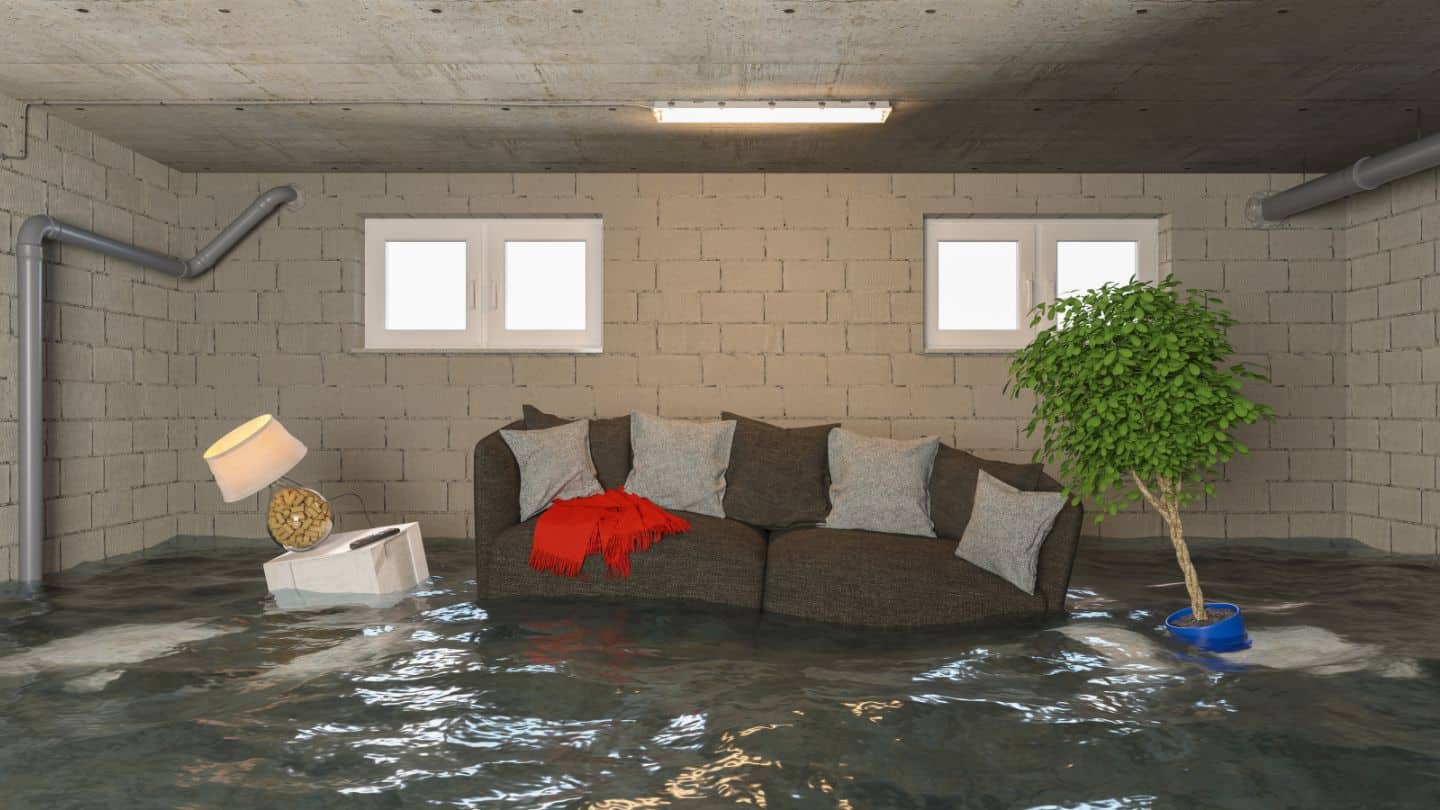Navigating mold issues in a rental property can be a tricky endeavor for tenants. Knowing your rights and responsibilities is crucial in effectively addressing mold problems and ensuring your living space remains safe and healthy. Mold exposure can lead to various health issues, making it imperative to take swift action. This article explores the rights and responsibilities of renters regarding mold remediation, offering guidance on how to approach mold concerns with your landlord and what steps can be taken to resolve the issue.

Understanding Your Rights as a Renter
As a tenant, you have the right to live in a safe and habitable property, which includes being free from harmful mold. While specifics can vary by jurisdiction, most state and local laws require landlords to maintain their properties in a condition that meets basic health and safety standards.
1. Right to Notify: You have the right to notify your landlord about mold issues in your rental property. It’s best to do this in writing, providing a clear description of the problem and any health symptoms you may be experiencing.
2. Right to Remediation: If mold is caused by conditions that violate health and safety standards (such as leaks, inadequate ventilation, or structural defects), you likely have the right to request remediation from your landlord.
3. Right to Withhold Rent: In some jurisdictions, if a landlord fails to address significant mold issues promptly, tenants might have the right to withhold rent or pay for mold remediation and deduct the cost from their rent, following specific legal procedures.
Understanding Your Responsibilities as a Renter
While landlords have obligations to maintain their properties, tenants also have responsibilities to help prevent mold growth and report issues promptly.
1. Maintain a Clean and Dry Environment: Regular cleaning and minimizing moisture can help prevent mold growth. Use ventilation fans in bathrooms and kitchens, promptly report leaks, and avoid overuse of humidifiers.
2. Promptly Report Mold Issues: Notify your landlord about mold issues as soon as you become aware of them, ideally in writing. Early detection can make remediation simpler and less costly.
3. Cooperate with Remediation Efforts: Once mold concerns are reported, cooperate with your landlord’s efforts to inspect and remediate the mold. This may include allowing access to your rental unit for inspections and repairs.
Navigating Mold Remediation with Your Landlord
Effective communication and cooperation with your landlord are key to resolving mold issues. Here’s a suggested approach:
- Document and Communicate: Take photos of the mold and document any health symptoms. Communicate your concerns to your landlord in writing, requesting prompt action.
- Follow Up: If you do not receive a timely response, follow up with your landlord. Keep records of all communications.
- Seek Assistance: If your landlord is unresponsive or unwilling to address the mold problem, consider seeking advice from a tenant’s rights organization or consulting with an attorney to understand your legal options.
Conclusion
For renters, dealing with mold in a rental property requires a balanced understanding of both rights and responsibilities. By maintaining open communication with your landlord, taking proactive steps to prevent mold, and knowing the legal avenues available, you can navigate mold remediation effectively. Remember, addressing mold promptly not only protects your health but also contributes to the overall well-being of all residents in the property.




